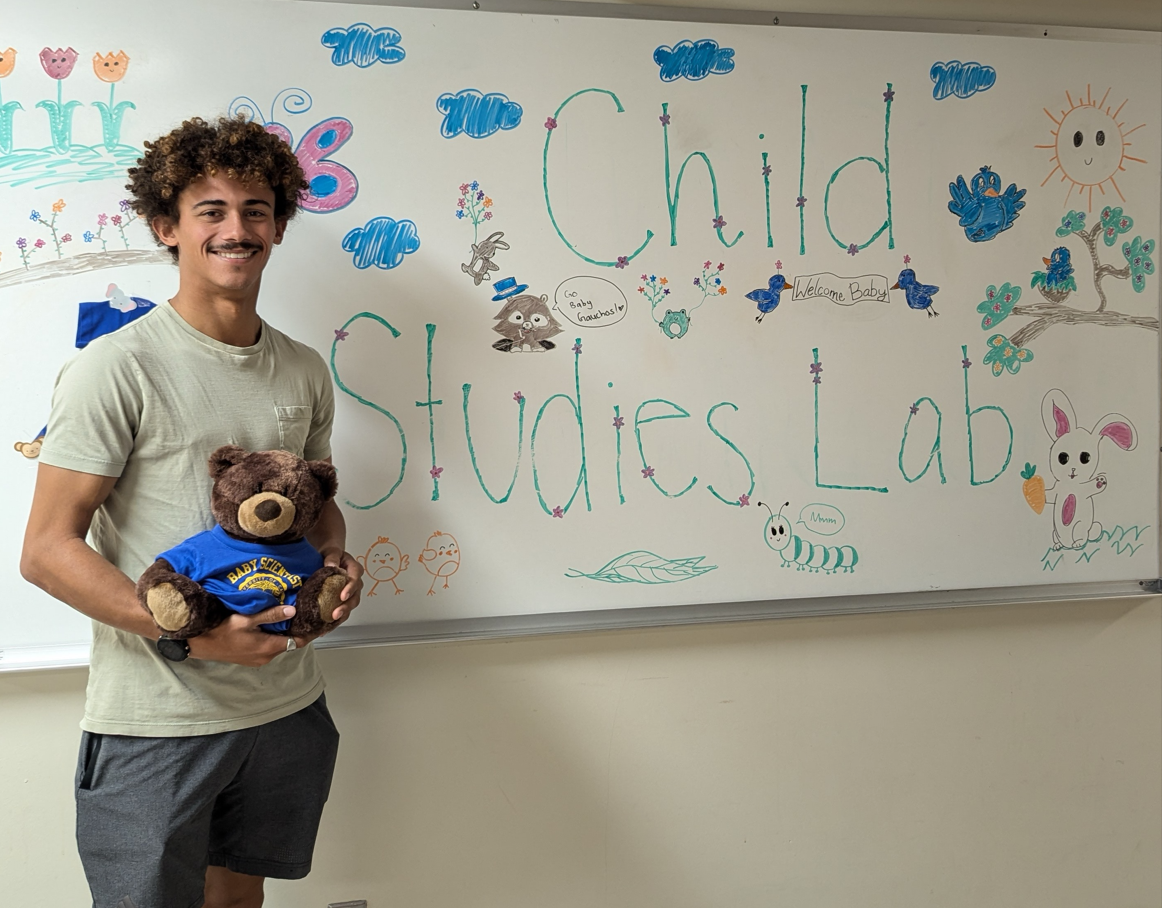
The preparation and sharing of food have long been understood to be a social act and a signal of social identity. In 2016, Liberman and colleagues developed key results indicating that we as humans may have an innate cognitive mechanism by which we reason about that our understanding of food sharing as a natural signal of social identity
Previous work by Liberman and colleagues (2016) demonstrated that infants as young as 9 months can infer actors’ social identities based on their food preferences, this study investigates how infants use goal-oriented behaviors to infer social group membership and by proxy, shared or dissimilar food preferences. Using a looking-time intervention, infants will watch videos of two actors performing either the same or different goal-oriented behaviors, followed by the actors expressing either liking or disliking for different foods. In alignment with Liberman et al. (2016), we predict that infants will look longer at videos where actors who engaged in the same goal-oriented behavior disagree on food preferences, indicating an expectation that shared behaviors will align with shared food preferences. Conversely, infants are predicted to expect differing food preferences from actors who engage in different behaviors. These findings could have significant implications in understanding the development of social categorization in infants, informing early education interventions aimed at fostering social connection and reducing biases. Future directions of this research could explore whether other non-ritualistic shared behaviors influence infants’ inferences about social categorization, indicating that there may be an innate cognitive mechanism by which infants’ reason about social identity.